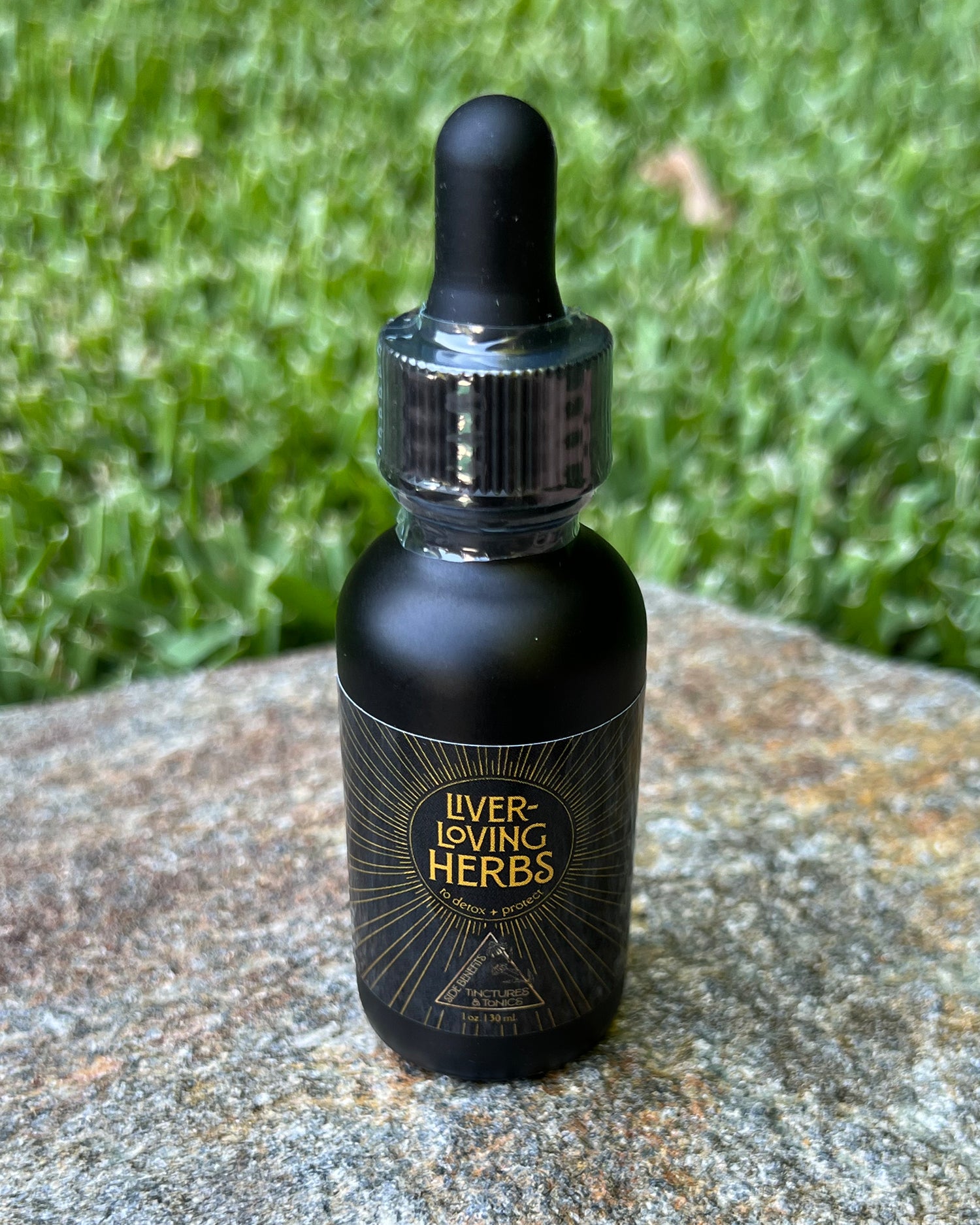Should I go Keto? Will I lose weight if I stop eating gluten? Is eating meat bad for my health? If you’re feeling overwhelmed by all the conflicting advice out there, I’m here to help you understand and tune-out some of this nutrition noise.
Every day we are bombarded with Fit Teas, herbs, supplements, diets, books, blogs and podcasts from “experts” who claim their way of eating is the best. Some of these “experts” advocate eating an entirely plant-based diet, while others hype the benefits of eating mostly grass-fed meats and high-quality fats. With so many “expert” opinions, figuring out what will work for your body can be overwhelming, expensive and may even exacerbate the concerns and symptoms you’re trying to alleviate. While life would be a lot easier if we all received a personalized “How to Eat” blueprint the moment we’re born—the fact is that we have to figure it all out on our own since there’s no universal diet that works for everyone.
The Keto Kraze
The Ketogenic diet, or Keto for short, has become ultra-trendy and heavily covered by the media. This low-carb, high-fat diet aims to shift the body into fat-burning mode, aka “ketosis”; where ketones (considered the most energy-efficient source of fuel for the body) are used for energy rather than burning glucose. Nutritional ketosis is measured as 1.5-3.0 mm/dl beta-hydroxybutyric acid in the blood. This diet is popular due to its emphasis on weight loss, brain health, an increased amount of energy, improved physical performance and as an anti-cancer diet because it allows the body to bypass insulin production and helping to prevent and avoid the resulting issues many people have due to overconsumption of sugar and other highly processed carbohydrates. Becoming fat-adapted takes time (minimum 6-weeks and up to one year) but once you are in ketosis, your body draws energy from the ketones and burns the fat stored by the body.
The main type of Keto diet looks like this: 5-10% carbohydrate (the fewer carbs, the more effective), 10-30% protein depending on your activity level and 60-80% of the rest of your diet is made up of healthy fats. There is also a more targeted Keto diet if you have high-level fitness goals, you add more carbs before and after workouts. If you’re an athlete, there is also a cyclical Keto diet where you eat high-fat for most of the week with one or two days of extra carbs. And if you’re a cycling female, adding more carbohydrates the week prior to your period will benefit progesterone production. Regardless of what style of Keto diet you choose, you’ll want to swap those tempting (but overly processed) Keto cookies for minimally processed, real foods like:
- Fattier cuts of meat
- Fatty fish like tuna, mackerel and salmon
- Full-fat dairy (all the butter)
- Eggs (a great source of Omega-3!)
- Olive oil, avocado oil and coconut oil
- Nuts and seeds
- Non-starchy veggies like avocado, dark leafy greens, peppers and tomatoes
To remain in a state of ketosis, you’ll need to avoid:
- All grains (yes, that means no more bread!)
- Beans and legumes (yep, that means hummus too)
- Fruit and berries
- Starchy veggies like potatoes, carrots and root vegetables
- All forms of sugar (read those labels!)
- Alcohol
The ultimate goal of the Ketogenic diet is to achieve “metabolic flexibility.” A state that allows the body to transition from burning glucose (carbohydrates and sugar) to ketones (fat) for fuel. I like to use the analogy of our bodies being like a luxury hybrid car. It will run most efficiently if it is able to transition between burning these two fuel sources easily. The Keto diet doesn’t work for everyone as some ‘dieters’ have experienced HPA-axis dysfunction (adrenal issues and anxiety), intestinal permeability (leaky gut), compromised fat digestion (congested gallbladder), electrolyte mineral imbalances (kidney issues) and compromised detoxification pathways (impaired liver function). There are many ways to support the body if you’re wanting to follow a Keto diet, so I encourage you to hire a functional nutritionist for advice.
Good or bad? Gluten
Gluten has been proven to cause leaky gut, which compromises the immune system and causes inflammation. What many people don’t know is most of the symptoms of gluten sensitivity are not gut-related and can manifest in symptoms such as achy joints or skin eruptions. Symptoms may not always present themselves immediately after eating gluten-containing food which makes gluten sensitivity difficult to pinpoint.
I rely on functional lab testing to understand how the body is reacting to it, if at all. If you suspect this is you and don’t work with someone to test you, avoid gluten for 3 weeks and see if your body changes at all. Then reintroduce it and see how you do. Keep in mind gluten is in more places than just wheat bread (ahem, soy sauce). In my practice, I aim to support my clients in feeling their best which means keeping inflammation to a minimum. For that reason, I don’t recommend that anyone I work with consume gluten-containing foods.
Plant-based…for the Planet?
A plant-based (aka vegan) diet excludes all meat, poultry, fish and animal products including dairy (yep, cheese too) and eggs. So yeah, just plant foods. There are many reasons that people choose to follow a vegan diet such as living a longer life, saving the planet from an abundance of CO2 caused by (conventionally farmed) animals, or the whole PETA argument that humans should never willfully inflict pain on any being—human or nonhuman. These are all good, sound reasons to do anything if you ask me. But there are many, many flaws to these arguments as well—especially if you’re wanting to live as an optimally functioning, healthy human being.
It’s just a fact that a vegan diet is deficient in certain nutrients that can only be found in meats. Vegans will argue that they can take supplements to make up for any deficiencies, but there are many reasons why taking supplements isn’t helpful. The main reason is absorbability. Our bodies must be able to absorb nutrients from the foods we eat and the supplements we take, otherwise, we are simply putting food into our food-hole and peeing/pooping it out. Wondering if your body is able to absorb nutrients? You should. And then work with a functional nutritionist to restore digestive functionality!
Meats are far more nutrient-dense than plant foods (and their nutrients have been shown to be more bio-available than those in plant foods). For instance, vitamin B12 is not available in plant foods. Fat-soluble vitamins A, D, E and K need fat to absorb properly—and this fat occurs naturally in animal foods. Choline is also very hard to get in plant foods. Here are some of the specific nutrients missing from an all plant-based diet and where they can be found:
- B12 (animal products are the main source); Vitamin B1 is found in pork; and Vitamin B6 is high in poultry
- Animals foods contain all 20 amino acids of which 9 are essential amino acids
- Carnosine, Creatine and Taurine
- Fish eggs (roe), shellfish and some grass-fed meat are the primary sources for Omega-3 fatty acids (EPA & DHA)
As for the “cows contribute to climate change” reason for not eating meat, this one is hard (and frustrating) to argue. But what I will say is that when cows roam freely in pastures where native grasses are encouraged to grow through regenerative farming practices, these pastures can actually function as a highly effective carbon sink that sucks up carbon dioxide and stores it to keep it out of the atmosphere. Which, over time, can lead to a healthier climate.
This isn’t an exhaustive list of arguments for or against eating meat, but it is clear to me (and hopefully, you) that sustainably-raised and harvested meats are one of the most bio-available, nutrient-dense food sources. So why not eat these high-quality meats?
No diet works for everyone
As a diet rule-of-thumb, stick to whole, unprocessed plants and properly raised meat, eggs and fish. The reality of the world we live in today is that not every food is good for every ‘body.’ In general, most people will benefit from eating more plants and sustainably-raised animals and wild-caught fish. These provide the highest amount of bio-available nutrients!
One of the reasons there isn’t one perfect diet for everyone is that we each have a gut microbiome that interacts differently with the food that we eat. Our individual gut microbiome dictates our nutrient needs and which foods will and won’t work for us. Throughout our lives, our microbiome changes, so foods that were fine to eat as a child may not be good for us now. And if there is an imbalance in the normal, healthy flora, it is helpful to know what to consume to bring it back into balance.
The truth is, we humans eat too much, too often and too mindlessly. And when we begin to gain weight or experience symptoms, we intrinsically look for a magic pill or a diet to go on for a week or two. But many of the diets that were once popular have probably done more harm than good. One thing that always works? Eating real foods in their natural state or with minimal processing. Nutritional therapy is based on this very simple concept. Not everything has to be complicated to work. Many times, less is more. I can help you discover the perfect diet that’s customized specifically for you.






